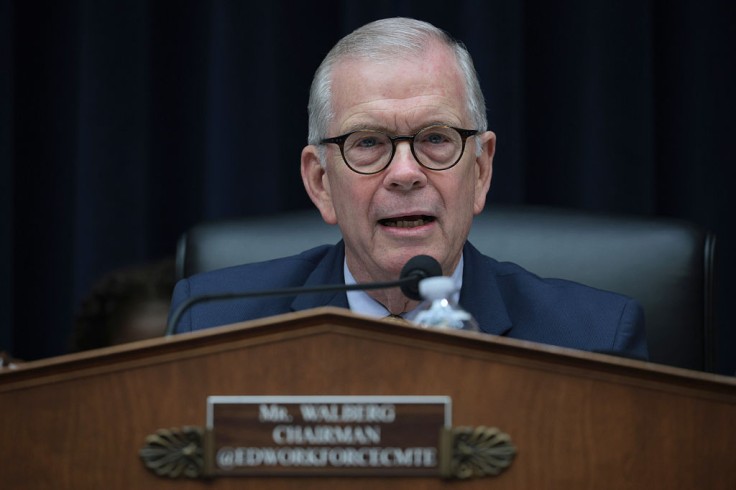U.S. Lawmakers Urge Duke University to End Partnership With Wuhan University
By
DURHAM, N.C. — Two U.S. House committee chairmen have called on Duke University to terminate its partnership with Wuhan University in Kunshan, China, alleging the Chinese institution serves as a "direct extension of the Chinese military and intelligence apparatus."
In a letter dated May 14, 2025, addressed to Duke University President Vincent Price, Rep. Tim Walberg, chairman of the Education and Workforce Committee, and Rep. John Moolenaar, chairman of the Select Committee on the Chinese Communist Party, expressed concerns over the partnership, particularly its role in operating Duke Kunshan University (DKU). The lawmakers argued that the collaboration provides the Chinese Communist Party access to sensitive U.S. technology, according to The Assembly.
"Following these clear precedents, we strongly urge you to end your partnership with Wuhan," the letter stated.
The Assembly reported that the lawmakers' concerns stem from Wuhan University's alleged ties to China's military, raising national security issues. Duke Kunshan University, established as a joint institute between Duke and Wuhan University, has been a focal point of the congressional scrutiny.
Duke University has not publicly responded to the letter, and representatives did not immediately return requests for comment. The university's partnership with Wuhan began in 2013, with DKU opening in 2014 as a liberal arts and research institution, The Assembly noted. The campus has attracted students globally, but recent geopolitical tensions have spotlighted such international collaborations.
The lawmakers' push reflects broader U.S. efforts to curb academic partnerships with Chinese institutions perceived as security risks. The Assembly highlighted that similar concerns have led other universities to reassess their international programs. The letter cited precedents where institutions ended ties with Chinese entities due to national security concerns, urging Duke to follow suit.
Social media posts on X highlighted the growing attention to the issue, with users noting the significance of the congressional intervention. One post described the situation as "KIND OF a big deal," reflecting public interest in the controversy.
That's KIND OF a big deal. https://t.co/rfVfR4fAZS
— Aaron Lubeck (@aaron_lubeck) May 15, 2025
As geopolitical tensions rise, Duke faces increasing pressure to address the lawmakers' demands. The university's next steps could set a precedent for how U.S. institutions navigate partnerships with Chinese universities amid national security debates.
© 2026 University Herald, All rights reserved. Do not reproduce without permission.








